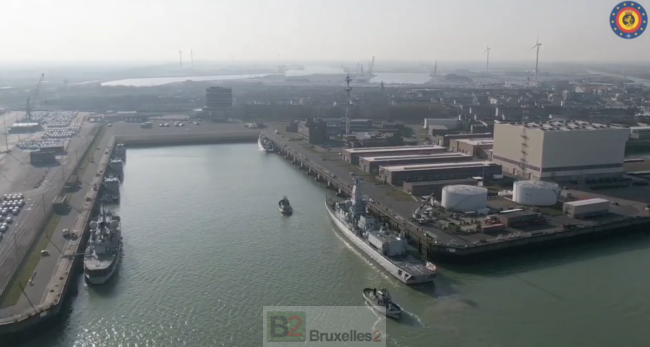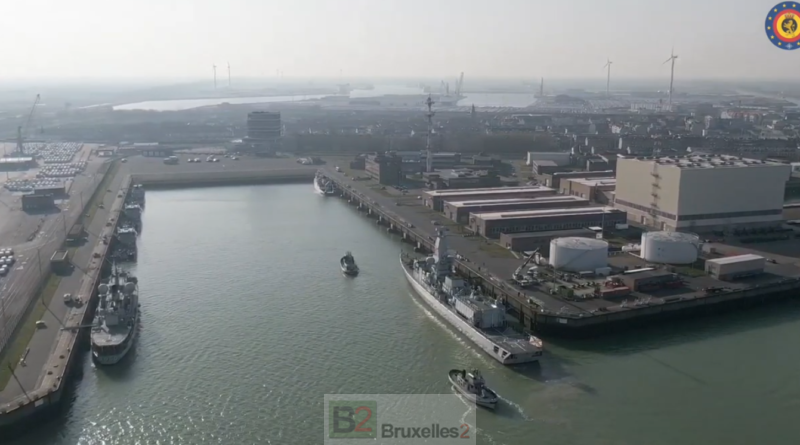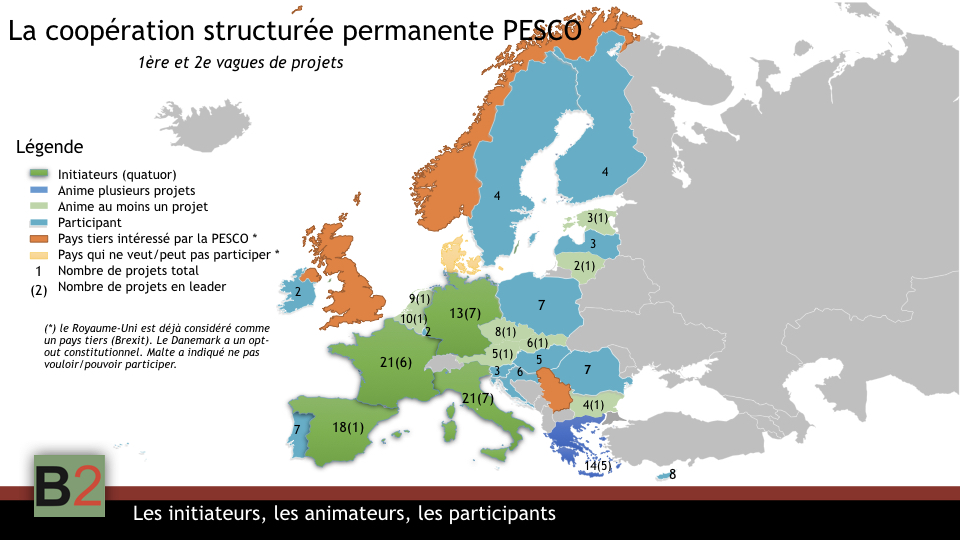Covid-19. Did Belgium make the right choice by interrupting the Foch mission in time?
(B2 - exclusive) The presence of 50 positive cases on the French aircraft carrier Charles-de-Gaulle calls out especially since only one proven case has been detected so far within the Belgian frigate Leopold I. Is it luck or did Belgium make the right tactical choice, in terms of health, by interrupting the mission

Here are the elements gathered, from a good source, on the evolution of the Belgian frigate Leopold I (F-930), which participated in task force 473 around the French aircraft carrier Charles-de-Gaulle (R-91), after the discovery of a suspected case (confirmed in the meantime of coronavirus) in the Belgian frigate. To be completed later if necessary.
Had the Belgian frigate stopped in Brest and were the sailors able to leave the edge?
Yes, like the entire carrier battle group, the Belgian crew was able to leave the edge during the stopover in Brest (March 13 to 16). But with instructions that depended on the local situation “ scheduled at this time ". Among the two essential instructions: avoid some areas " and " wash your hands fairly frequently ". On Sunday (March 15), when the city went into 'lock down', the sailors came back on board. Leopold I left Brest the following day, Monday (March 16).
What happened when a case of coronavirus was known? Has the French general staff been notified?
The sailor showing characteristic suspicious signs was evacuated from the Belgian frigate on March 20. As soon as it was confirmed that the test was positive for the coronavirus (NB: March 24), the order was given to prepare for the return to Belgium. The (French) staff of the carrier battle group was then notified.
NB: One cannot imagine, knowing the impeccable chain of command within the French army and the strategic and symbolic value of the Charles-de-Gaulle, that this information was not quickly (or even immediately) reported to the state- major of the navy, the staff of the armies, even in the office of the minister and in the private military office of the president of the Republic. Why was there no other reaction on the French side. Mystery...
What happened to the Belgian crew?
The Belgian frigate arrived on March 27 at 9:20 a.m. at its base in Zeebrugge/Zeebrugge. There, the crew was greeted by the medical chain. Then, everyone was quarantined for a period of 14 days (standard observation period), in order to avoid additional contamination in the population as much as possible, either at home or at the barracks. For service members with family at home who are part of the risk group (older people or people suffering from lung failure), Defense has planned quarantine in a military installation (military school). Each sailor has received an information package, instructions to follow and contact details, and is closely monitored, medically and psychologically, throughout this period, I am assured.
Are there any other known cases?
No other cases have been detected so far (April 8), according to an official source, nearly 14 days after the discovery of a suspected case (March 20).
In the end, which tactic in terms of health was the best?
The question can arise both at the health and operational level. Health side: 40 suspects on the 'Charles', 1 suspected case (confirmed in the meantime) on the 'Leopold I' and no other suspected case. At the operational level, on the Belgian side, the frigate is in port, the quarantine is almost over. And (in theory), it could be operational again. On the French side, the aircraft carrier is still not in port, the quarantine is not over. The aircraft carrier would therefore be inoperative (still in theory) for at least a good fortnight...
(Nicolas Gros-Verheyde)
Read also:


